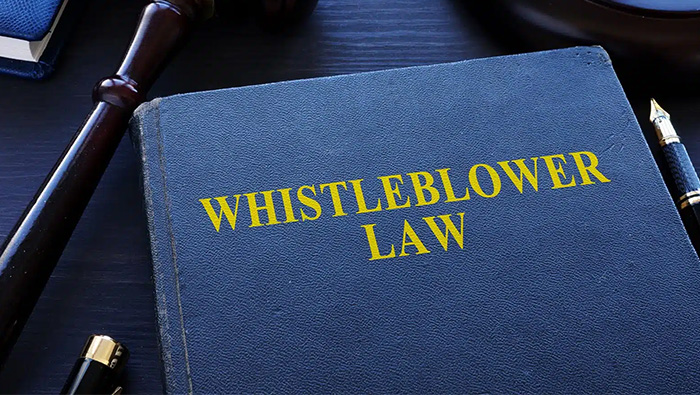On July 16th, 2024, the U.S. Department of Labor (DOL) announced that it obtained a consent judgment involving whistleblower law. Specifically, the ruling came from the U.S. District Court for the Western District of Washington in Tacoma. Significantly, the judgment includes a landmark injunction that permanently prevents the U.S. Postal Service (USPS) from retaliating against employees. Particularly postal employees at up to 59 locations in Washington State. Earlier this month, the DOL entered into a separate $12 million corporate-wide compliance settlement to improve workplace safety.
Overview of the Court Case
Issued July 3rd, 2024, the consent judgment follows an investigation by the department’s Occupational Safety and Health Administration (OSHA). In general, OSHA found that the USPS violated the whistleblower law provision in the Occupational Safety and Health Act (OSH Act). In brief, that provision protects employees against retaliation for reporting workplace injuries.
Accordingly, after three separate investigations, OSHA concluded that the USPS had improperly fired three probationary workers. These terminations occurred in East Vancouver, Seattle, and Tacoma after the employees reported workplace injuries. Consequently, the DOL’s Office of the Solicitor filed suit against the USPS, alleging violations of the OSH Act’s anti-retaliation provision.
Furthermore, the judgment requires the USPS to pay the three fired employees $183,732 in lost wages, interest, and damages. Previously, the DOL sued the USPS to protect California, Oregon, Pennsylvania, and Washington employees who faced similar retaliation after reporting injuries.
Specifically, the court’s order requires the USPS to implement the following:
- Provide probationary employees who report workplace injuries equal opportunity to pass probation.
- Supply probationary employees who report workplace injury the information needed to file a worker’s compensation claim during their orientation.
- Have a human resource or labor relations officer review all proposed terminations of probationary employees who reported workplace injuries.
- Provide workers with a specific notice and training related to employees’ rights to report work-related injuries and related medical restrictions free of retaliation.
OSHA’s Whistleblower Law
OSHA’s Whistleblower Protection Program enforces the whistleblower law under several statutes. These include Section 11(c) of the OSH Act, the Sarbanes-Oxley Act, and the Consumer Financial Protection Act (CFPA). In brief, whistleblower provisions protect employees from retaliation for engaging in various protected activities. Specifically, under whistleblower protections, employers cannot retaliate against employees who engage in protected whistleblower activities like the following:
- firing or laying off,
- demoting,
- denying overtime or promotion, or
- reducing pay or hours.
Retaliation occurs when an employer (including anyone with the authority to make tangible employment decisions, like a supervisor or administrator) fires an employee or takes any adverse employment action against them for engaging in protected activity. Protected activity includes reporting safety-related issues, environmental protection, fraud and financial issues, or health insurance.
Employer Takeaways
In conclusion, although this post only references a recent court case against the USPS, all covered employers should take note. After all, OSHA’s whistleblower protections cover workers in all industries who may experience workplace safety issues. Chiefly, companies mustn’t retaliate against any employees who report these kinds of problems.
OSHA also enforces the Occupational Safety and Health Act’s (OSH Act’s) General Duty Clause. This regulation requires employers to ensure a healthy and productive work environment for all workers. To comply with the General Duty Clause, employers should familiarize themselves with six common workplace hazards and find out how to fix them if found.
To assist employers in maintaining workplace safety compliance and prevent accidents and injuries, WorkWise Compliance offers the following:
- Slips, Trips, and Falls Prevention Training Program for Employees – This resource contains an online, interactive employee training module and a digital PDF compliance guide for employers. Overall, the program ensures compliance with OSHA’s Walking & Working Surfaces standards (29 CFR 1910, Subpart D). These regulations impose specific requirements on employers to prevent workplace slips, trips, and falls.

